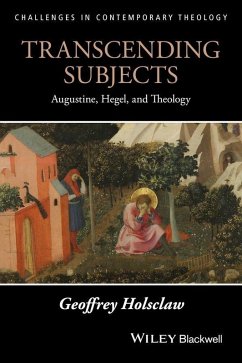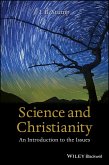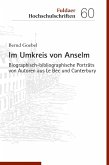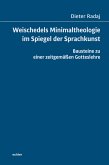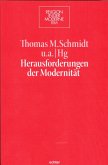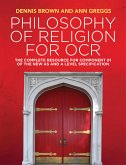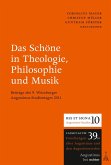Transcending Subjects: Augustine, Hegel and Theology engages the seminal figures of Hegel and Augustine around the theme of subjectivity, with consideration toward the theology and politics of freedom.
Dieser Download kann aus rechtlichen Gründen nur mit Rechnungsadresse in A, B, BG, CY, CZ, D, DK, EW, E, FIN, F, GR, HR, H, IRL, I, LT, L, LR, M, NL, PL, P, R, S, SLO, SK ausgeliefert werden.
This book is a worthy effort to rethink a robust sense of divine transcendence, which helpfully highlights important philosophical, theological, ethical and political dimensions relevant to contemporary discussion. I particularly liked how it takes seriously a sense of divine transcendence that is not reducible to the forms of immanent transcendence currently more common, and that is also fully intimate with the immanent world, in a way more dualistic conceptions often failed to be in the past. The book importantly challenges a negative view of Augustine and a positive predilection for a non-metaphysical version of Hegel among some contemporary thinkers. It is very well versed in the works of Hegel and Augustine, and informed by the relevant scholarship. It is a readable and engaging book which insightfully and deftly unfolds a significant dialogue between Augustine and Hegel, as well as between the author and their significant contemporary interpreters.
William Desmond, Professor of Philosophy, Katholieke Universiteit, David Cook Chair in Philosophy, Villanova University
William Desmond, Professor of Philosophy, Katholieke Universiteit, David Cook Chair in Philosophy, Villanova University

